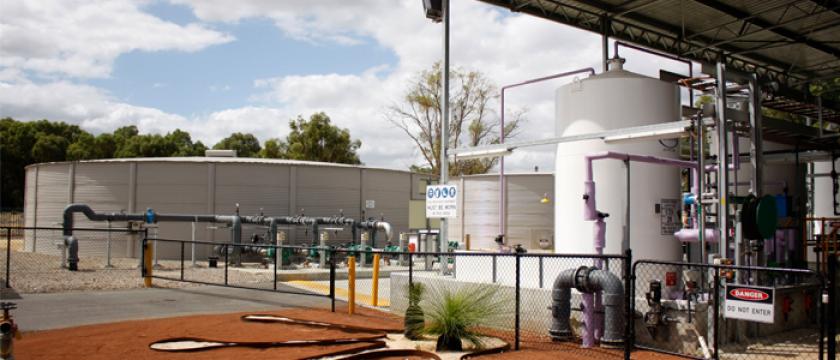Evaluating success of groundwater replenishment trial
Water authorities aiming to trial novel water supply options need to be prepared to invest significant time and appropriate funding to encourage a project success, according to a new CRC for Water Sensitive Cities report.
‘WA Groundwater Replenishment Trial: A case study of creating the enabling environment for regulatory change’ was produced by Dr Yvette Bettini and Professor Brian Head for the CRCWSC project Better governance for complex decision-making (Project A3.1).

The Groundwater Replenishment Trial, conducted by the Water Corporation in Western Australia from 2009-2012, was the first of its kind in Australia and set out not only to test advanced water treatment and recharge systems but also “to develop the supporting regulatory frameworks, monitoring regimes and community support needed to ensure a technological innovation could be progressed into a mainstream water supply source.”
The case study follows the emergence and eventual adoption of groundwater replenishment, which involved recycling wastewater through an advanced water treatment plant and injecting the resulting drinking quality water into a confined aquifer, leading to its extraction at a location distant from the injection point.
This project took six years to establish following the visit from an international managed aquifer recharge expert from Orange County, California, which prompted preliminary scientific studies and collaboration across agencies, culminating in a three year trial. The project faced regulatory challenges but proved to be successful, prompting Water Corporation to undertake further investigations of novel water sources.
“Given that novel solutions will increasingly emerge as future options for urban water supply systems, these results suggest water supply planning efforts will need to be organised in a more substantial manner, in order to foster the community, stakeholder, political, and regulatory acceptance required for successful adoption,” the authors said.